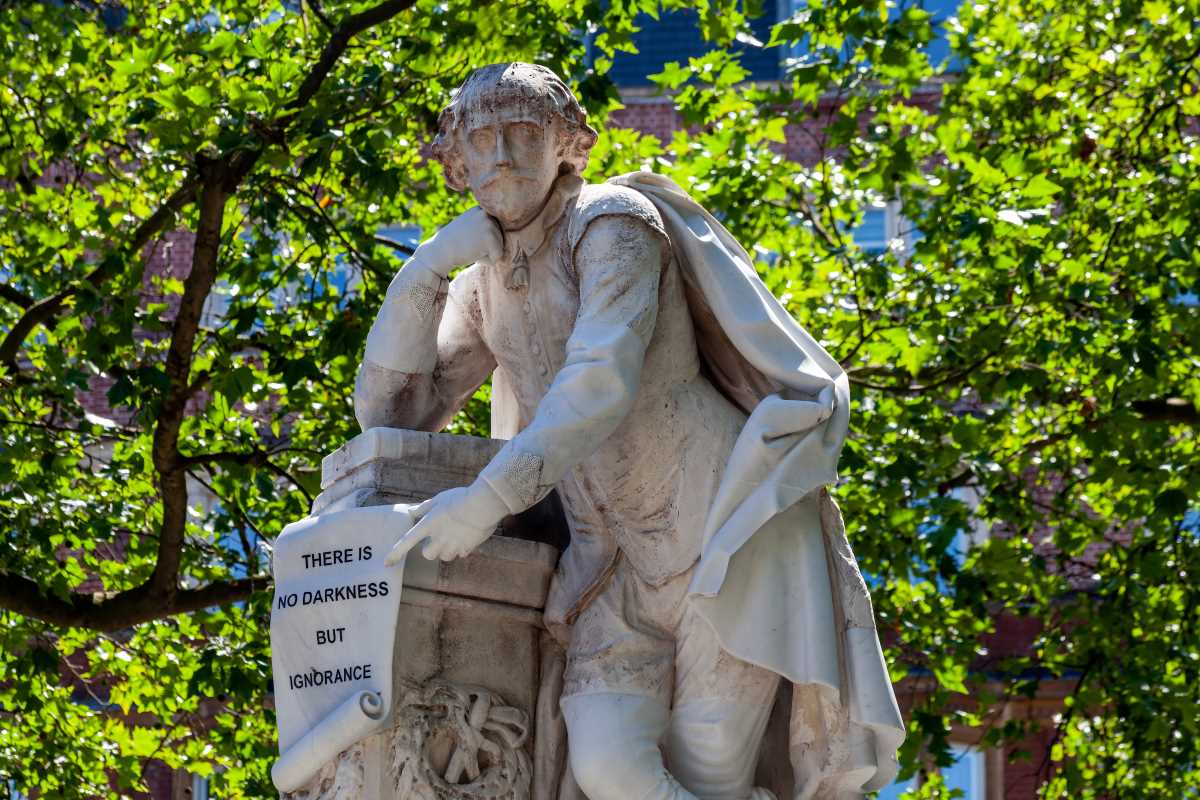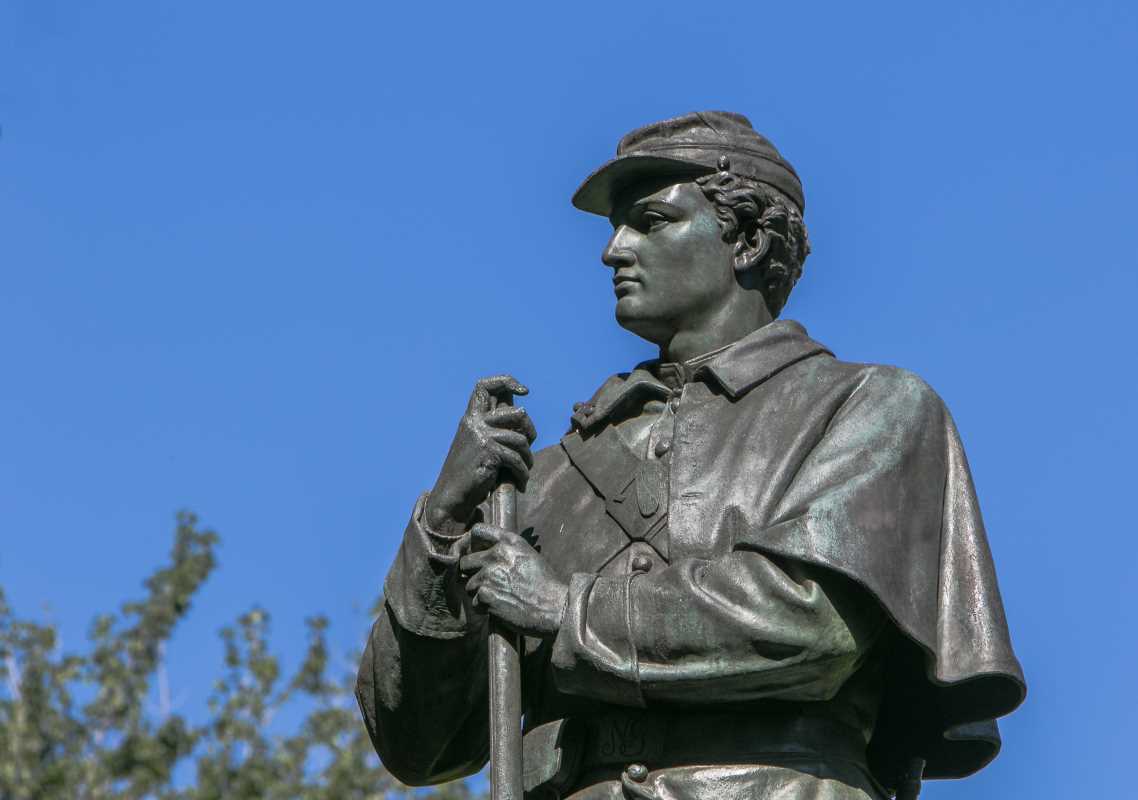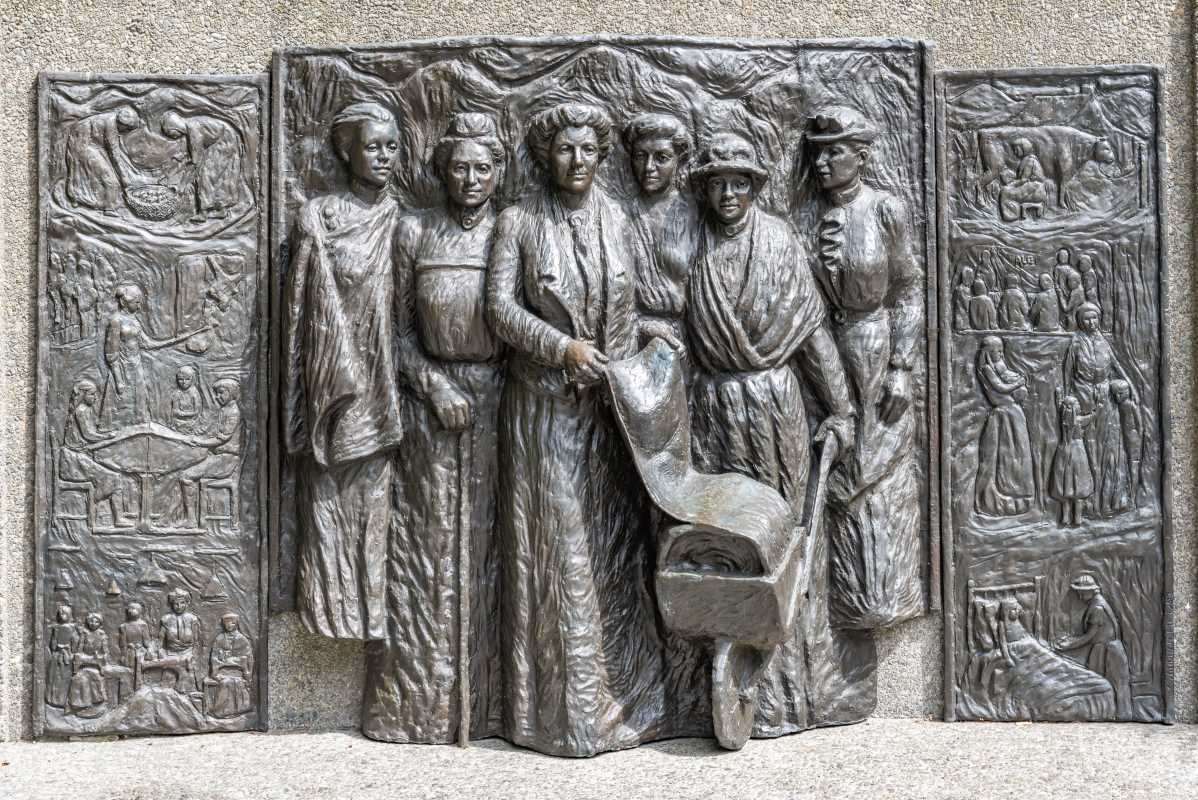\When it comes to history's great mysteries, the works of William Shakespeare are often at the center of heated debates. For centuries, people have marveled at the masterpieces credited to the Bard of Avon. But not everyone agrees that Shakespeare was the true author of the plays and poems that bear his name. One of the most famous theories suggests that Sir Francis Bacon, a scholar, philosopher, and statesman, might have been the real genius behind these iconic works. This idea, known as the Baconian Theory, has sparked curiosity and controversy for generations. Could there be more to Shakespeare’s story than we’ve been taught? Let's dig into this intriguing question.
Who Was Sir Francis Bacon?
Before we look at the theory, it’s helpful to understand who Sir Francis Bacon was. Born in 1561, Bacon was a true Renaissance man. He wore many hats during his lifetime, including lawyer, philosopher, scientist, and author. His contributions to the scientific method greatly influenced modern science, and he was known for his brilliant intellect. He wasn’t just a man of logic and reason, though. Bacon had a deep love of literature and art, which makes him an interesting candidate when questioning the authorship of Shakespeare’s works.
Bacon was also well-connected in Elizabethan society. He moved in the same circles as actors, writers, and nobles, and had access to the theater scene of the time. Considering his wide-ranging skills and interests, it’s not hard to see why some people believe he might have been capable of producing the incredible pieces attributed to Shakespeare.
Baconian Theory
The Baconian Theory is one of several ideas about Shakespeare's authorship. It argues that William Shakespeare, a man with limited formal education and few documented achievements outside his plays, couldn’t have written works as profound and intricate as Hamlet, Macbeth, and Romeo and Juliet. Instead, the theory posits that Sir Francis Bacon used Shakespeare as a “front” while he secretly penned these literary gems.
Why Would Bacon Hide His Identity?
Supporters of the Baconian Theory suggest a few reasons why Bacon might have wanted to keep his authorship a secret:
- His Status as a Statesman - Bacon held an important position in England as a political figure. Writing plays and poems, especially ones that might be seen as critical of the monarchy or society, could have been risky for his career.
- The Stigma Around Theater - During that era, theater was often considered lowbrow entertainment, not a pursuit worthy of a high-ranking statesman like Bacon.
- Philosophical Messages - Bacon’s true passion was spreading his ideas on education, philosophy, and science. Some theorists believe he embedded these deeper messages in the plays under the guise of entertainment, aiming to educate the public without drawing unwanted attention.
The Evidence
Those who support the Baconian Theory don't rely on speculation alone. While the evidence is debated, there are several points often raised to strengthen their argument.
Cryptic Messages and Ciphers
One of the most famous pieces of "evidence" involves hidden codes in Shakespeare's texts. Baconians argue that Bacon, as an intellectual and secretive man, deliberately left ciphers and acrostics in the works that point to his name.
For example, some believe that certain passages and printed layouts in the First Folio (a collection of Shakespeare's works published in 1623) include encrypted messages revealing Bacon as the author. The use of codes wasn’t unheard of during that time, as secret writing was a popular pastime among intellectuals.
Wide Knowledge Displayed in the Plays
William Shakespeare was born in Stratford-upon-Avon to a working-class family. He likely attended a local grammar school, but there’s no evidence he received a university education. Yet, Shakespeare’s works demonstrate a deep understanding of law, history, philosophy, science, medicine, and multiple foreign languages.
Supporters of the Baconian Theory argue that this level of expertise would have been difficult to attain without advanced education, which Shakespeare didn’t have. Bacon, on the other hand, was an academic and a well-read scholar, making him a plausible candidate for the true author.
Overlap in Writing Styles
Some literary analysts claim that similarities exist between Bacon's known writings and Shakespeare's works. Both demonstrate a love for metaphors, wordplay, and philosophical themes. Additionally, some Baconians point to recurring ideas, phrases, and vocabulary that they believe link the two authors.
The Counterarguments
Of course, not everyone buys into the theory. Many scholars firmly believe that Shakespeare of Stratford-upon-Avon wrote the plays attributed to him. There are several reasons they reject the Baconian Theory.
Documentary Evidence
One of the strongest counterarguments is the surviving documentation that ties Shakespeare to the works in question. His name appears on the title pages of many original publications, and other writers of the time referred to him as the author.
Collaborations and Acting
William Shakespeare wasn’t just a writer; he was also an actor and part-owner of a theater company called the Lord Chamberlain's Men. His connections to the theater world provided him with firsthand experience that likely shaped his plays. For Baconians, it’s hard to explain how Bacon, a busy politician, would have had the same level of involvement or insight.
Ambitious Genius
Advocates of Shakespeare’s authorship argue that genius doesn’t necessarily require formal education. Shakespeare’s works reflect an innate understanding of human nature and emotions, something that doesn’t always come from books.
You might be wondering why people care so much about who wrote these plays in the first place. What’s the big deal? For many, the Shakespeare authorship question isn’t just about solving a historical puzzle; it’s about understanding where these timeless works of art come from and how they were shaped by real people.
The Baconian Theory also opens up fascinating debates about class, identity, and creative expression. It challenges us to question historical narratives and think critically about what we’ve been taught. Whether or not you believe Sir Francis Bacon wrote the plays, exploring this theory can deepen your appreciation for the richness and complexity of Shakespearean literature.
 (Image via
(Image via





